18.07.2022
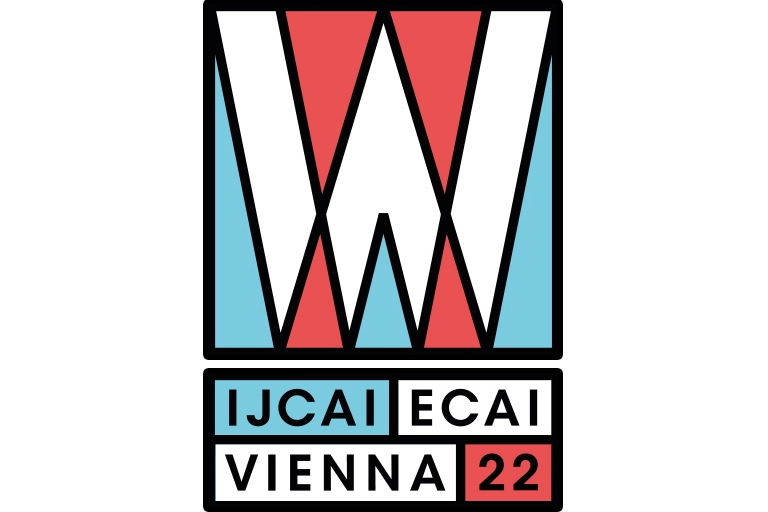
MCML researchers with three papers at IJCAI-ECAI 2022
31st International Joint Conference on Artificial Intelligence and the 25th European Conference on Artificial Intelligence (IJCAI-ECAI 2022). Vienna, Austria, 23.07.2022–29.07.2022
We are happy to announce that MCML researchers are represented with three papers at IJCAI-ECAI 2022:
Improving Inductive Link Prediction Using Hyper-Relational Facts (Extended Abstract).
Best paper track at the 31st International Joint Conference on Artificial Intelligence and the 25th European Conference on Artificial Intelligence (IJCAI-ECAI 2022). Vienna, Austria, Jul 23-29, 2022. DOI.
Abstract
For many years, link prediction on knowledge graphs (KGs) has been a purely transductive task, not allowing for reasoning on unseen entities. Recently, increasing efforts are put into exploring semi- and fully inductive scenarios, enabling inference over unseen and emerging entities. Still, all these approaches only consider triple-based KGs, whereas their richer counterparts, hyper-relational KGs (e.g., Wikidata), have not yet been properly studied. In this work, we classify different inductive settings and study the benefits of employing hyper-relational KGs on a wide range of semi- and fully inductive link prediction tasks powered by recent advancements in graph neural networks. Our experiments on a novel set of benchmarks show that qualifiers over typed edges can lead to performance improvements of 6% of absolute gains (for the Hits@10 metric) compared to triple-only baselines.
MCML Authors
Uncertainty-aware Evaluation of Time-Series Classification for Online Handwriting Recognition with Domain Shift.
Workshop on Spatio-Temporal Reasoning and Learning (STRL 2022) at the 31st International Joint Conference on Artificial Intelligence and the 25th European Conference on Artificial Intelligence (IJCAI-ECAI 2022). Vienna, Austria, Jul 23-29, 2022. URL.
Abstract
For many applications, analyzing the uncertainty of a machine learning model is indispensable. While research of uncertainty quantification (UQ) techniques is very advanced for computer vision applications, UQ methods for spatio-temporal data are less studied. In this paper, we focus on models for online handwriting recognition, one particular type of spatio-temporal data. The data is observed from a sensor-enhanced pen with the goal to classify written characters. We conduct a broad evaluation of aleatoric (data) and epistemic (model) UQ based on two prominent techniques for Bayesian inference, Stochastic Weight Averaging-Gaussian (SWAG) and Deep Ensembles. Next to a better understanding of the model, UQ techniques can detect out-of-distribution data and domain shifts when combining right-handed and left-handed writers (an underrepresented group).
MCML Authors
A Survey of Methods for Automated Algorithm Configuration.
31st International Joint Conference on Artificial Intelligence and the 25th European Conference on Artificial Intelligence (IJCAI-ECAI 2022). Vienna, Austria, Jul 23-29, 2022. Extended Abstract. DOI.
Abstract
Algorithm configuration (AC) is concerned with the automated search of the most suitable parameter configuration of a parametrized algorithm. There is currently a wide variety of AC problem variants and methods proposed in the literature. Existing reviews do not take into account all derivatives of the AC problem, nor do they offer a complete classification scheme. To this end, we introduce taxonomies to describe the AC problem and features of configuration methods, respectively. We review existing AC literature within the lens of our taxonomies, outline relevant design choices of configuration approaches, contrast methods and problem variants against each other, and describe the state of AC in industry. Finally, our review provides researchers and practitioners with a look at future research directions in the field of AC.
MCML Authors
18.07.2022
Related
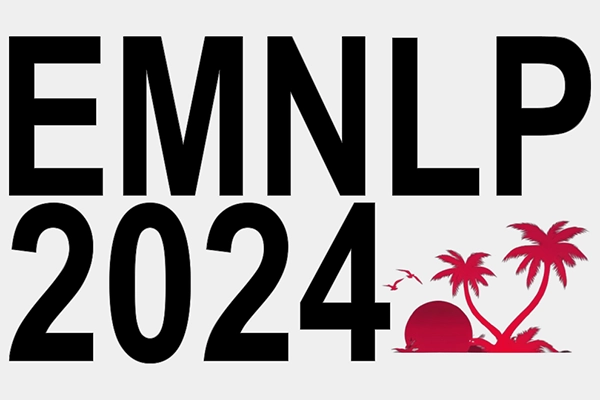
06.11.2024
MCML researchers with 20 papers at EMNLP 2024
Conference on Empirical Methods in Natural Language Processing (EMNLP 2024). Miami, FL, USA, 12.11.2024 - 16.11.2024
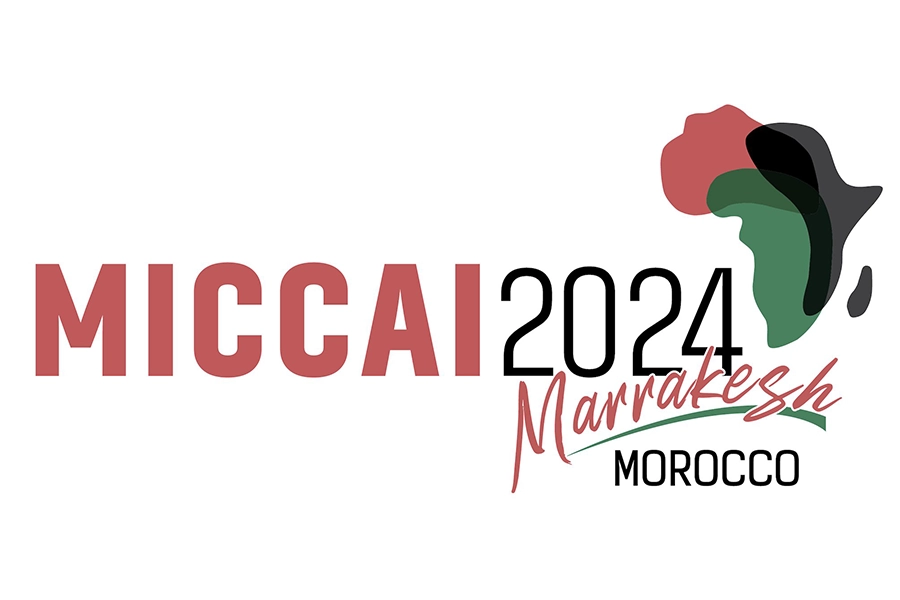
01.10.2024
MCML researchers with 16 papers at MICCAI 2024
27th International Conference on Medical Image Computing and Computer Assisted Intervention (MICCAI 2024). Marrakesh, Morocco, 06.10.2024 - 10.10.2024
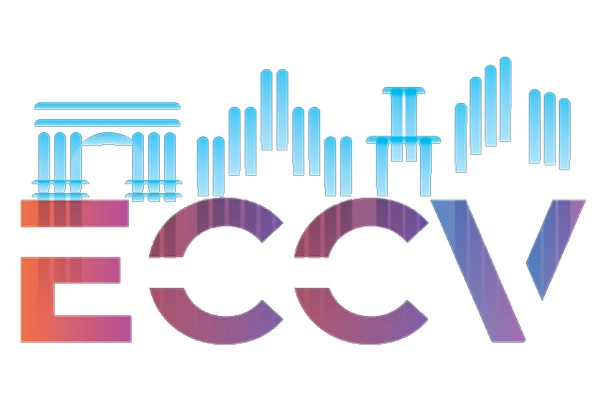
26.09.2024
MCML researchers with 18 papers at ECCV 2024
18th European Conference on Computer Vision (ECCV 2024). Milano, Italy, 29.09.2024 - 04.10.2024
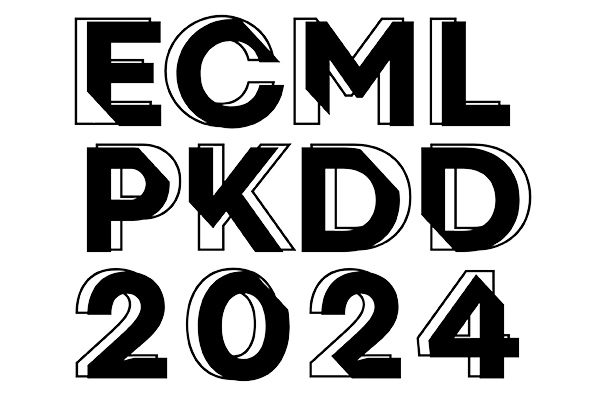
10.09.2024
MCML at ECML-PKDD 2024
We are happy to announce that MCML researchers are represented at ECML-PKDD 2024.
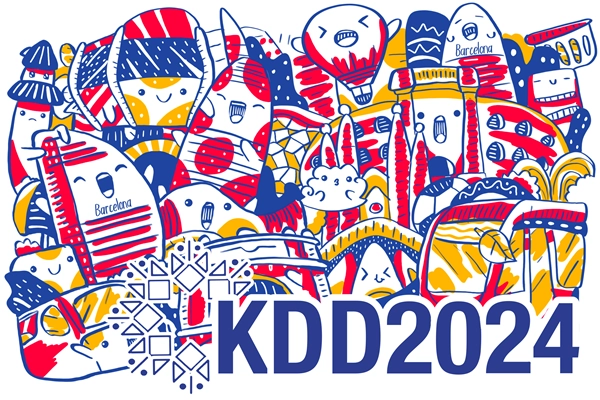
20.08.2024
MCML researchers with two papers at KDD 2024
30th ACM SIGKDD International Conference on Knowledge Discovery and Data (KDD 2024). Barcelona, Spain, 25.08.2024 - 29.08.2024





